GHALLANAI: A suicide bomber killed at least 28 people and wounded more than 45 others as they attended Friday prayers at a mosque in Mohmand tribal district, officials said.
The bombing took place in the Pekhan Killay area of Anbar tehsil in the area bordering Afghanistan where the army has been fighting the Taliban.
“At least 20 people have been killed and more than 30 others wounded,” deputy chief of Mohmand tribal district administration Naveed Akbar earlier told AFP. The death toll later swelled to 28, as some of the injured men succumbed to their injuries.
The official said that the bomber came in as Friday prayers were in progress, and blew himself up in the main hall. “The suicide bomber was in a crowded mosque, he shouted ‘Allahu Akbar’ (God is greatest) and then there was a huge blast,” Naveed Akbar separately told Reuters.
He added that some fatalities were apparently caused when part of the mosque caved in from the force of the blast. “A portion of the mosque and verandah collapsed in the blast and fell on worshippers. We are still retrieving bodies and the injured from the rubble of the mosque,” he said. A curfew was later imposed in the area, as the law enforcers launched a combing operation.
The deceased included Noorullah, Wahab, Mazeer, Wahid Gul, Shahab, Naeem, Ibrahim, Nauman, Irfan, Hazrat Gul, Baseerullah, Rehman Shah, Raheem Gul, Rasool Khan, Zakirullah, Shakir, Zubair, Muhammad Zohaib, Wisal, Jamshed, Rizwan, Arab Gul, Fazl-e-Rabbi, Fazl-e-Wahid, Daud, Luqman and Farhad.
The injured were Juma Gul, Alam Khan, Rasool Muhammad, Raz Muhammad, Sabar Gul, Luqman, Saeedullah, Maseehullah, Ali Bahadur, Jafar, Fazal, Nausher, Amroz, Khursheed, Imran, Sameen Khan, Mukarram Khan, Nisarullah, Sher Ali, Bilal, Lal Mir, Ihsanullah, Khan Badshah, Dawar, Imran, Sherullah, Shakirullah, Sawab Gul, Mehrab Gul, Asal Muhammad, Ghulam Khan and Awais.
Shireen Zada, a resident who had prayed at another mosque, said he heard the blast as he was walking home. “I rushed to the spot… brought my pick-up truck, loaded three wounded and drove them to the hospital in Khar,” he said, referring to the nearest town.
One of the wounded, 41-year-old Ghulam Khan, said he heard a deafening explosion during the prayers. “I cried for help, but no one came to me … there were other bodies … wounded worshippers, who were reciting verses from Quran and waiting for help,” he told another foreign news agency.
Prime Minister Nawaz Sharif later condemned the bombing, saying the government would remain steadfast in their fight against extremists.
“The cowardly attacks by terrorists cannot shatter the government’s resolve to eliminate terrorism from the country,” read a statement from Nawaz Sharif’s office.
There was no immediate claim of responsibility, but the Pakistani Taliban routinely attack soft targets such as courts, schools and mosques.
On September 2, at least 14 people were killed and more than 50 wounded after a suicide bomber attacked a court in the Pakistani city of Mardan in an assault targeting Pakistan’s legal community that was claimed by the Jamaatul Ahrar Taliban faction.
The group has also said it was behind an attack on lawyers in southwest Quetta, which killed 73 people on August 8, as well as the Lahore Easter bombing that killed 75 in Pakistan’s deadliest attack this year.
Pakistan’s deadliest ever attack occurred in Peshawar in December 2014, when the Taliban stormed a school, killing more than 150 people, mostly children.
The army launched an operation in June 2014 in a bid to wipe out militant bases in the northwestern tribal areas and so bring an end to the bloody insurgency that has cost thousands of civilian lives since 2004.
As a result security in the country has since improved. Scattered attacks still take place, but they are fewer and of a lesser intensity than in previous years.
According to data from the South Asia Terrorism Portal, 457 civilians and 182 security forces were killed in Pakistan from January 1 to September 11, putting 2016 on course for fewer casualties than 2015.

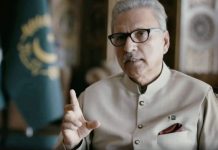

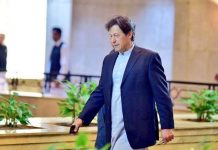
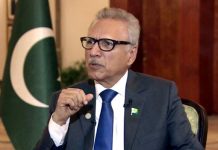
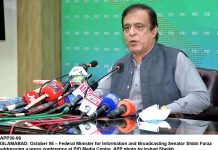
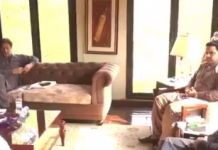

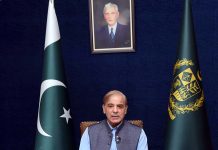



.jpg)